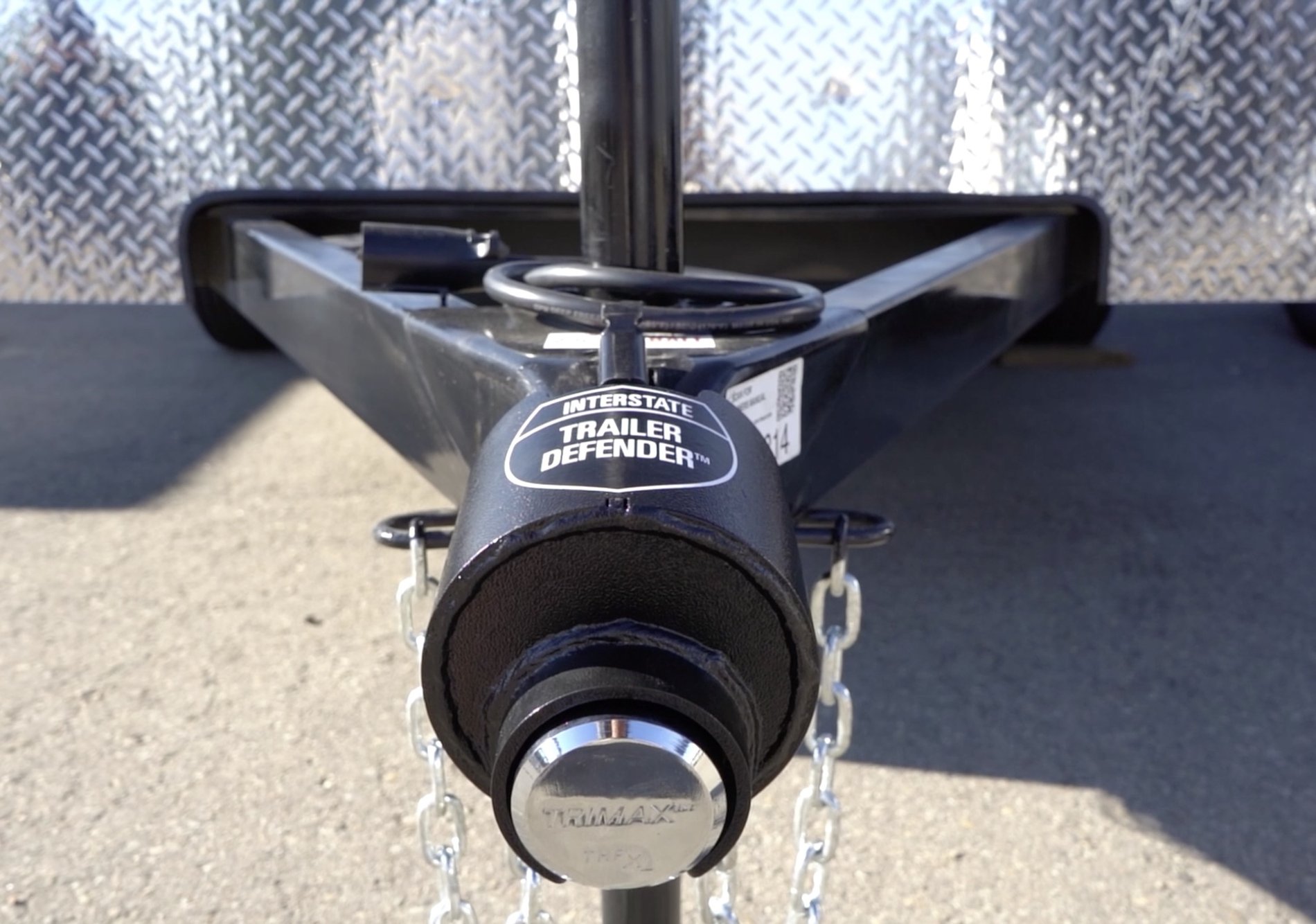-
Alabama
- Leeds, AL
-
Arizona
- Kingman, AZ
- Phoenix, AZ
- Tucson, AZ
-
Arkansas
- Conway, AR
- West Memphis, AR
-
California
- Bakersfield, CA
- Fillmore, CA
- Fresno, CA
- Gilroy, CA
- Lakeside, CA
- Live Oak, CA
- Lodi, CA
- Petaluma, CA
- Redlands, CA
- Santa Maria, CA
-
Colorado
- Colorado Springs, CO
- Denver, CO
- Fort Collins, CO
- Grand Junction, CO
-
Florida
- Orlando, FL
- St Lucie, FL
- Tampa, FL
-
Georgia
- Atlanta, GA
- Commerce, GA
-
Idaho
- Idaho Falls, ID
- Nampa, ID
- Post Falls, ID
- Twin Falls, ID
-
Indiana
- Indianapolis, IN
-
Iowa
- Des Moines, IA
-
Kansas
- Wichita, KS
-
Kentucky
- Louisville, KY
-
Louisiana
- Shreveport, LA
-
Michigan
- Wayland, MI
-
Minnesota
- Minneapolis, MN
-
Missouri
- Blue Springs, MO
- Saint Louis, MO
- Springfield, MO
-
Montana
- Belgrade, MT
- Billings, MT
- Helena, MT
-
Nebraska
- Omaha, NE
-
Nevada
- Las Vegas, NV
- Reno, NV
-
New Mexico
- Albuquerque, NM
-
North Carolina
- Dunn, NC
- Linwood, NC
-
Ohio
- Akron, OH
- Cincinnati, OH
- Columbus, OH
-
Oklahoma
- Oklahoma City, OK
- Tulsa, OK
-
Oregon
- Eugene, OR
- Medford, OR
- Pendleton, OR
- Portland, OR
- Redmond, OR
- Salem, OR
-
Pennsylvania
- Hershey, PA
- South Pittsburgh, PA
- Pittsburgh North, PA
-
Tennessee
- Bristol, TN
- Chattanooga, TN
- Lebanon, TN
-
Texas
- Beaumont, TX
- College Station, TX
- El Paso, TX
- Ft Worth, TX
- Houston, TX
- Kaufman, TX
- Killeen, TX
- San Marcos, TX
-
Utah
- Ogden, UT
- Salt Lake, UT
-
Virginia
- Norfolk, VA
- Bedford , VA
- Warrenton, VA
-
Washington
- Chehalis, WA
- Marysville, WA
- Tacoma, WA
-
West Virginia
- Charleston WV, WV
-
Wisconsin
- Appleton, WI
- Milwaukee, WI
-
Wyoming
- Casper, WY

Trailer Hitch Ratings
June 25, 2025
Selecting the right hitch rating is crucial for safe towing. Trailer hitch ratings define the maximum weight your tow system can handle, protecting your vehicle and cargo.
At TrailersPlus, we pride ourselves on providing expert guidance, top-quality equipment, and personalized service. Understanding these ratings is crucial if you’re hauling one of our top-selling enclosed cargo units or an equipment rack. It will prevent costly mistakes and ensure a smooth journey.
What is Hitch Classification?
Every hitch has a class designation based on Gross Trailer Weight (GTW) and Tongue Weight (TW) capacities. Knowing your hitch’s classification means you can confidently pair your tow vehicle with the proper load, so consider options like:
- Class I: Up to 2,000 lbs. GTW / 200 lbs. TW
- Class II: Up to 3,500 lbs. GTW / 350 lbs. TW
- Class III: Up to 6,000 lbs. GTW / 600 lbs. TW
- Class IV: Up to 10,000 lbs. GTW / 1,000 lbs. TW
- Class V: Up to 20,000 lbs. GTW / 2,000 lbs. TW
Using a hitch with insufficient capacity can lead to equipment failure, unsafe handling, or damage to your vehicle’s suspension. We only offer equipment from trusted manufacturers, like Interstate and Carry-On, ensuring each unit meets or exceeds industry standards.
How to Determine Trailer Hitch Capacity
If you're unsure what your hitch is rated for, start by checking the label or a metal plate, which will list the maximum GTW and TW. This tells you the maximum weight your hitch is built to handle and how much downward pressure it can safely carry.
Here’s how you can safely determine your hitch capacity:
Find the hitch class
Look for a stamped plate on your hitch or shank.
Locate your vehicle’s tow rating
Refer to your owner’s manual for maximum tow capacity.
Calculate your load
Weigh your enclosed cargo unit—fully loaded with gear or equipment.
Account for tongue weight
Tongue weight typically accounts for 10–15% of your total payload, so a 5,000 lb unit requires a 500 lb tongue force capacity.
If you're not sure how much weight your vehicle can haul, just ask a TrailersPlus employee.
How to Read a Hitch Rating Label
Reading a hitch label correctly is crucial. The label typically lists specs like:
- Maximum Gross Trailer Weight (GTW): The heaviest load the hitch can tow, including cargo and trailer weight.
- Maximum Tongue Weight (TW): The downward force applied at the hitch ball.
- Hitch Class: I, II, III, IV, or V—each class reflects a specific GTW/TW range.
- Manufacturer & Model Number: Useful if you need to verify certifications.
Always use the lowest-rated component in your towing system as your maximum safe capacity. For example, if your vehicle manual says the tow limit is 7,500 pounds, but your hitch is rated for only 6,000 pounds, your practical limit is 6,000 pounds.
Common Hitch Applications
Different towing needs call for different hitch classes. Here are a few typical pairings:
- Light-Duty Hauling (Class I & II): This type of hauling is ideal for small enclosed cargo units, equipment racks, or lightweight utility attachments.
- Mid-Range Towing (Class III) is perfect for most enclosed cargo units (5'–8.5' width) used in landscaping, deliveries, or mobile workshops.
- Heavy-Duty Use (Class IV & V): Necessary for larger payloads—commercial enclosed cargo units, heavy equipment trailers, or multiple-unit towing setups.
Our selection of enclosed cargo units ranges from compact 5x8 models to spacious 8.5x20 configurations. Each unit is rated for specific GTW/TW values, ensuring they're combined with the correct hitch class.
Learn More About Our Trailer Hitch Ratings
Understanding trailer hitch ratings is fundamental for responsible towing. From choosing the correct class to outfitting your setup with quality accessories, every detail matters. At TrailersPlus, we combine industry expertise, certified inspections, and a wide selection of enclosed cargo units to help you confidently tow.
Contact us today to learn more about our trailer hitch ratings and let us help you find the perfect model for your needs.
Learn more about trailer financing!
Call Us Now 877-850-7587








